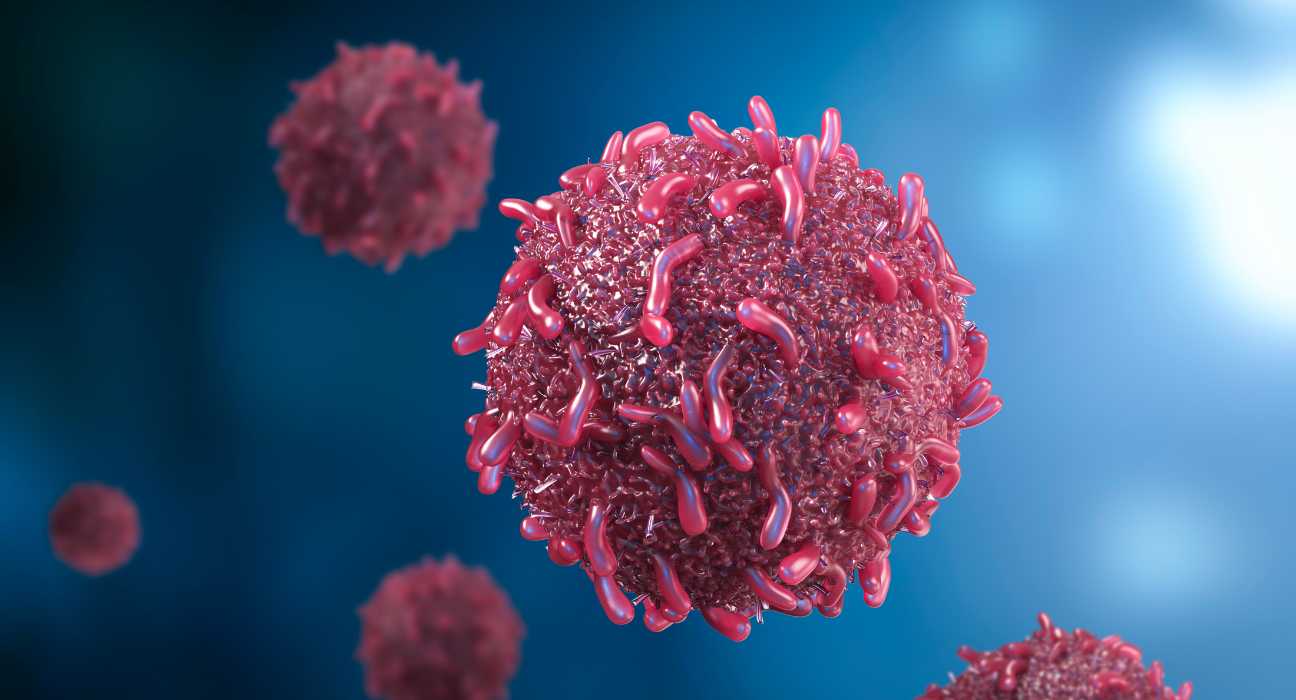Dealing with metastatic cancer can be daunting. This stage, where cancer spreads to other parts of the body, requires more than just traditional treatment methods. If you or someone you love is confronting this challenging condition, understanding the various treatment approaches can offer hope and direction. In this post, we’ll explore the comprehensive treatment options available, offering practical insights and support for both patients and caregivers.
Understanding Metastatic Cancer
What is Metastatic Cancer?
Metastatic cancer, also known as stage IV cancer, occurs when cancer cells spread from the primary site to other parts of the body. This can make treatment more complex, but advances in medical science have introduced new strategies to manage it effectively.
Common Sites of Metastasis
Cancer can metastasize to various organs, including the bones, liver, lungs, and brain. Each of these sites requires specific treatment plans tailored to the unique challenges presented by the secondary cancer locations.
Symptoms to Watch For
Symptoms of metastatic cancer vary depending on the affected organ. Common signs include bone pain, shortness of breath, jaundice, and headaches. Early detection and monitoring can lead to better outcomes.
Traditional Treatment Options
Systemic Therapies
Systemic therapies such as chemotherapy and hormonal therapy target cancer cells throughout the body. These treatments can shrink tumors, slow their growth, and alleviate symptoms.
Radiation Therapy
Radiation therapy uses high-energy rays to target and kill cancer cells. It’s often used to manage pain and control the spread of cancer in specific body areas.
Surgical Interventions
While surgery may not always be possible for metastatic cancer, it can still play a role in removing isolated metastases and relieving symptoms.
Emerging Treatment Approaches
Immunotherapy
Immunotherapy harnesses the body’s immune system to fight cancer. Recent advancements have shown promising results in treating certain types of metastatic cancer.
Targeted Therapy
Targeted therapies focus on specific molecules or pathways involved in cancer growth. These treatments offer a more precise approach, often with fewer side effects compared to traditional chemotherapy.
Personalized Medicine
Personalized medicine tailors treatment plans based on genetic profiling of the tumor. This approach ensures that patients receive the most effective therapies for their specific cancer type.
Managing Pain and Symptoms
Comprehensive Pain Management
Pain management is crucial for improving the quality of life in metastatic cancer patients. Comprehensive pain management in Oklahoma City, for example, offers a range of services including medications, physical therapy, and psychological support to address pain and discomfort.
Symptom Control
Managing symptoms such as nausea, fatigue, and loss of appetite is essential for maintaining well-being. Palliative care teams specialize in providing holistic support to manage these issues.
Emotional and Psychological Support
Dealing with metastatic cancer can be emotionally taxing. Support groups, counseling, and mental health services can provide much-needed relief and help patients and families cope with the stress and anxiety associated with the disease.
Integrative and Holistic Approaches
Complementary Therapies
Complementary therapies such as acupuncture, massage, and dietary supplements can enhance traditional treatments and improve overall well-being.
Mind-Body Techniques
Mind-body techniques like meditation, yoga, and relaxation exercises help reduce stress and promote healing. These practices can be valuable additions to a comprehensive cancer care plan.
Nutrition and Lifestyle Changes
Adopting a healthy diet and lifestyle can support the body’s ability to fight cancer. Nutritional counseling and personalized diet plans are integral components of holistic cancer care.
The Importance of Clinical Trials
Accessing New Treatments
Clinical trials provide access to cutting-edge treatments that are not yet widely available. Participating in trials can offer hope and new opportunities for managing metastatic cancer.
Informed Decision-Making
Patients should discuss clinical trial options with their healthcare providers to make informed decisions about their treatment plans.
Safety and Efficacy
Clinical trials follow strict protocols to ensure patient safety and determine the efficacy of new treatments. Understanding the benefits and risks is essential for making the best choice.
Building a Support Network
Family and Friends
Building a strong support network of family and friends can provide emotional and practical assistance. Encouraging open communication and seeking help when needed is vital.
Professional Support Services
Professional services such as social workers, patient navigators, and home health aides offer specialized support to address the unique challenges of metastatic cancer.
Online Communities
Online forums and support groups connect patients and caregivers with others facing similar experiences. Sharing stories and advice can foster a sense of community and empowerment.
Conclusion
Facing metastatic cancer is undoubtedly challenging, but understanding the diverse treatment approaches can offer a path forward. From traditional therapies to cutting-edge innovations, comprehensive pain management to holistic care, there are numerous options to explore. By staying informed and working closely with healthcare professionals, patients and caregivers can find hope and strength in their cancer journey.

